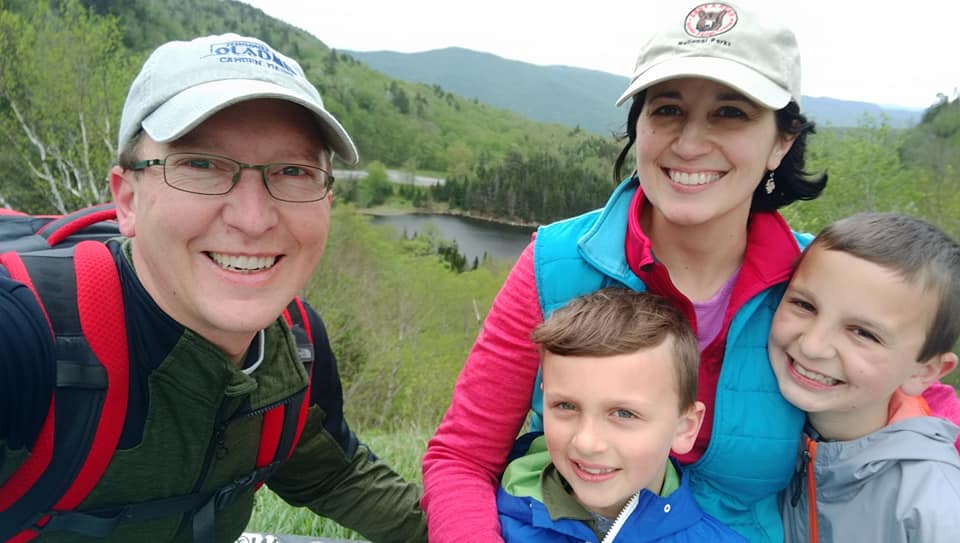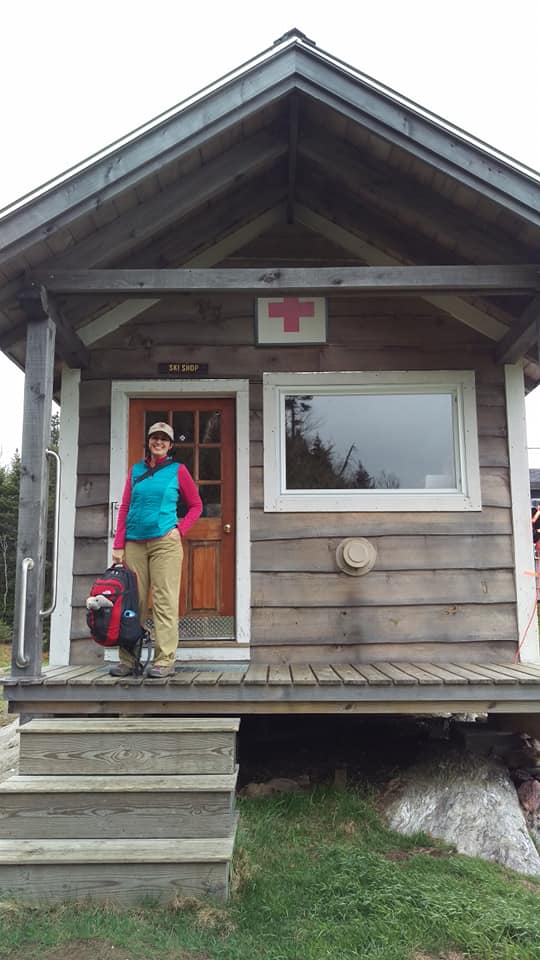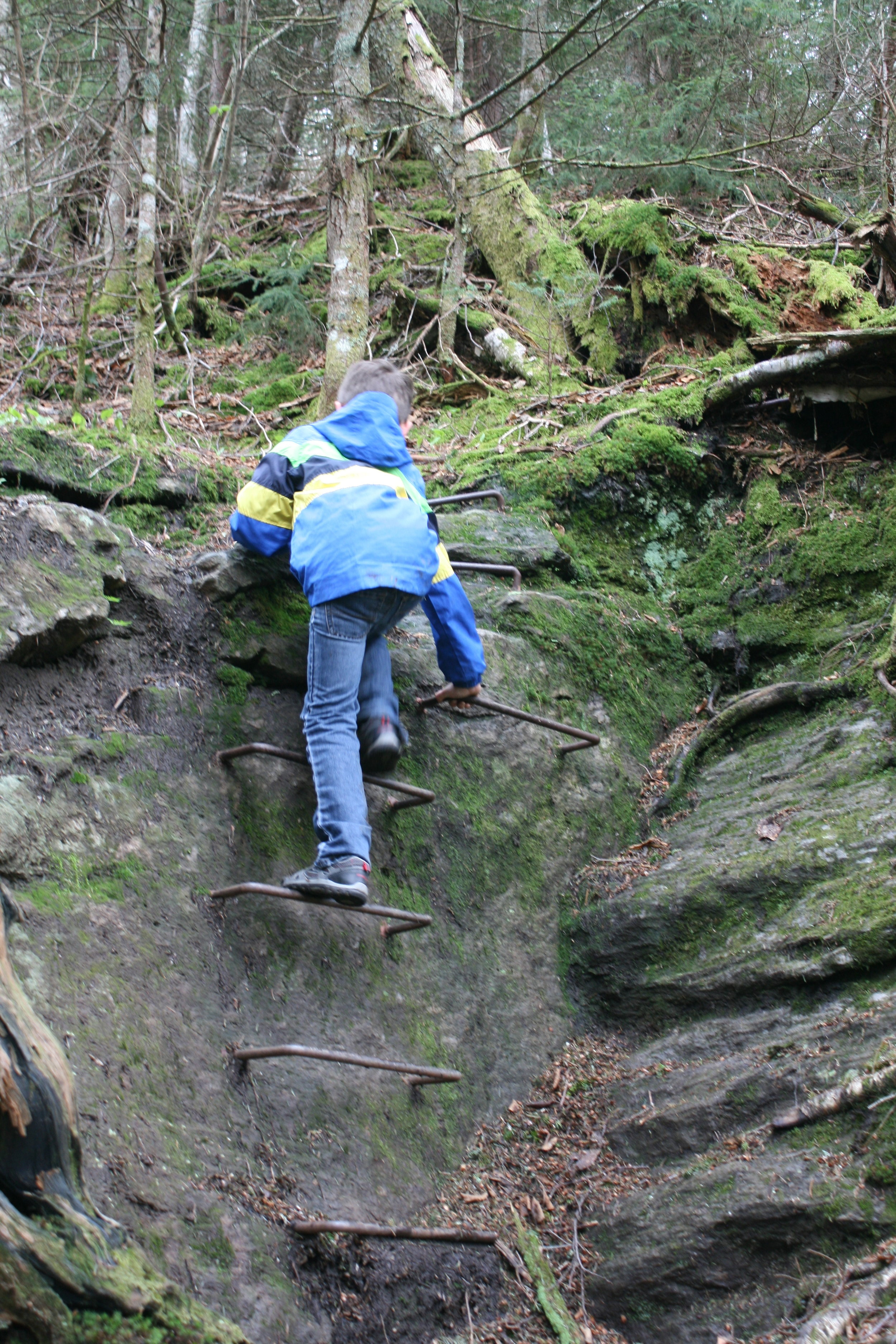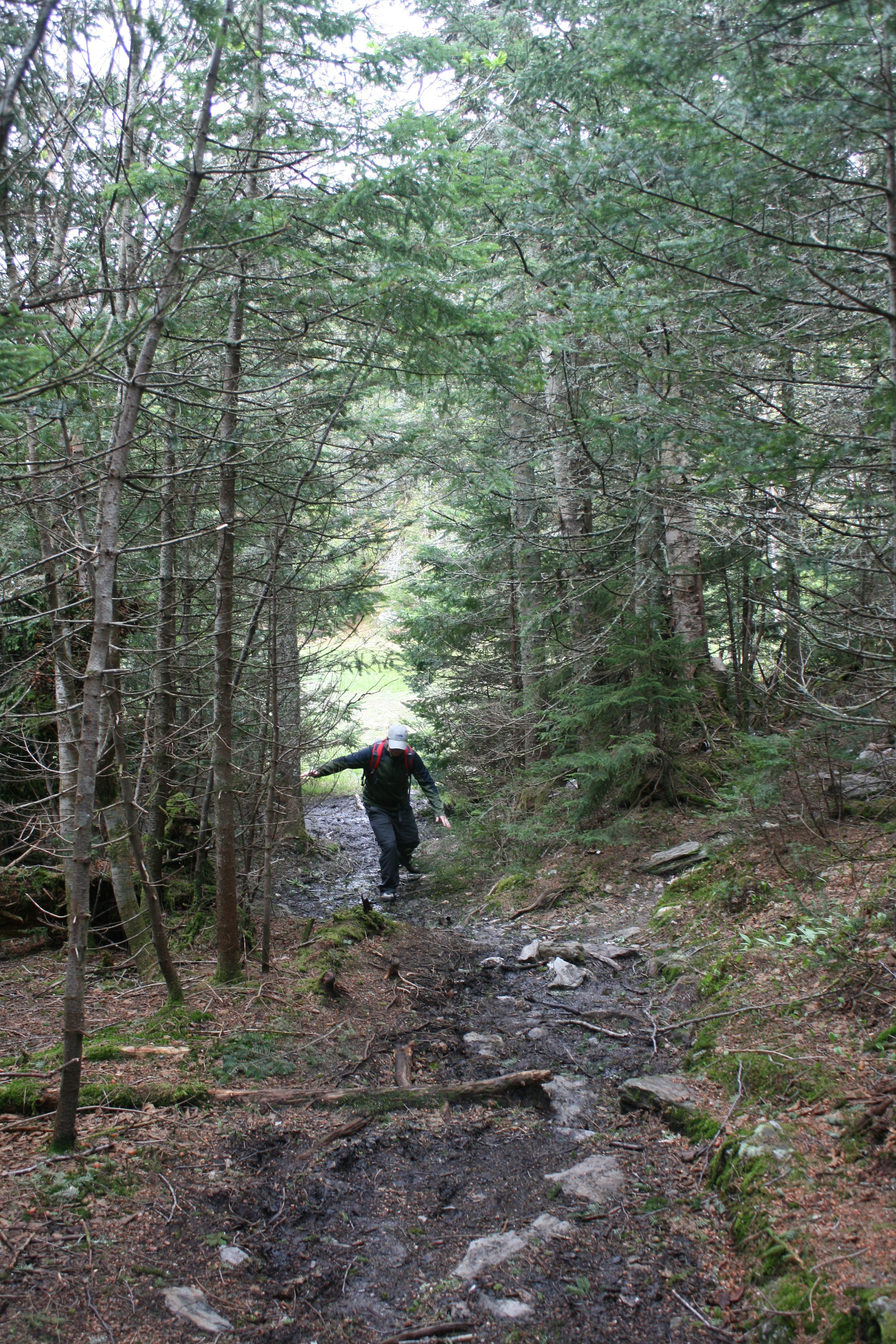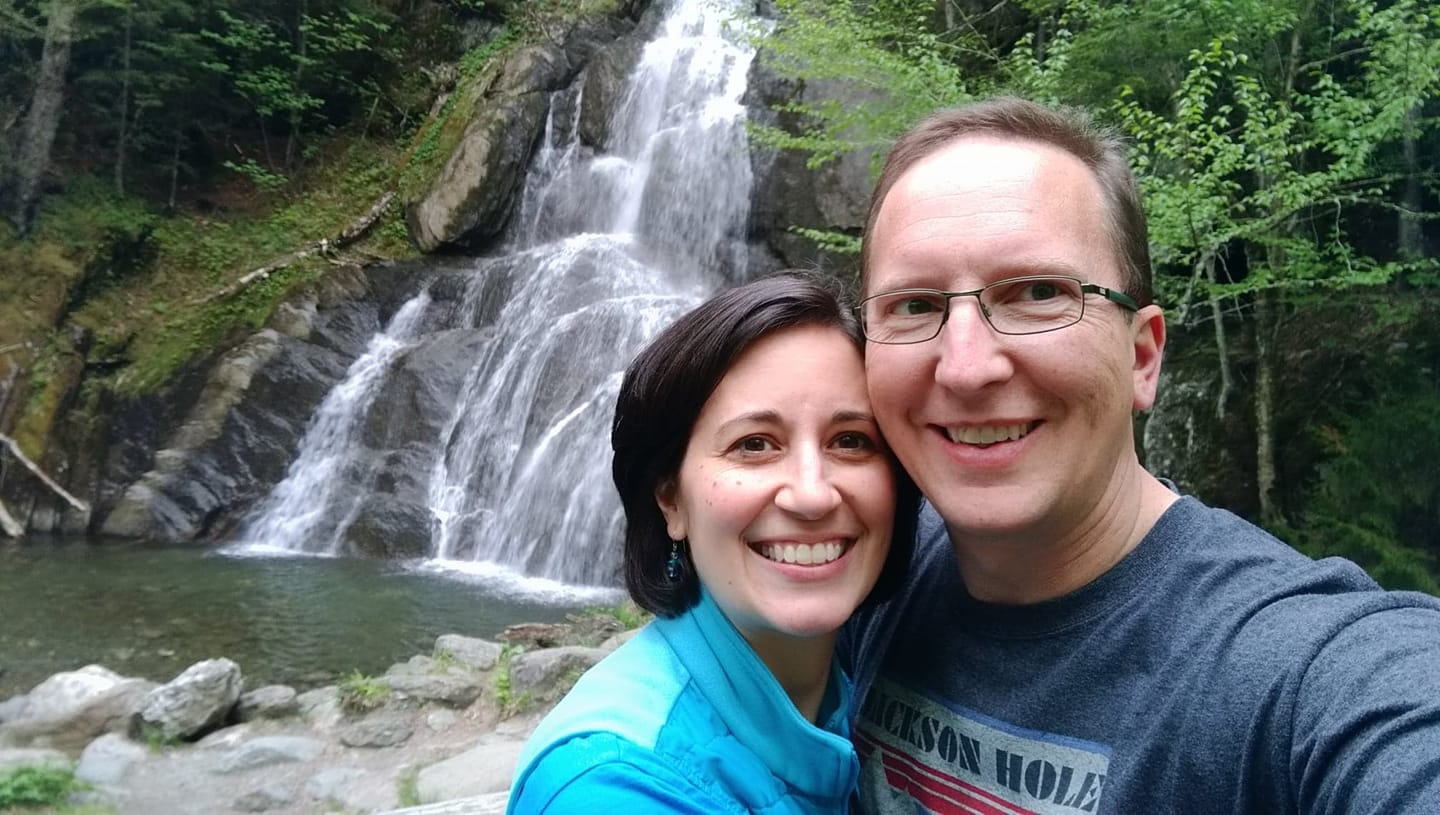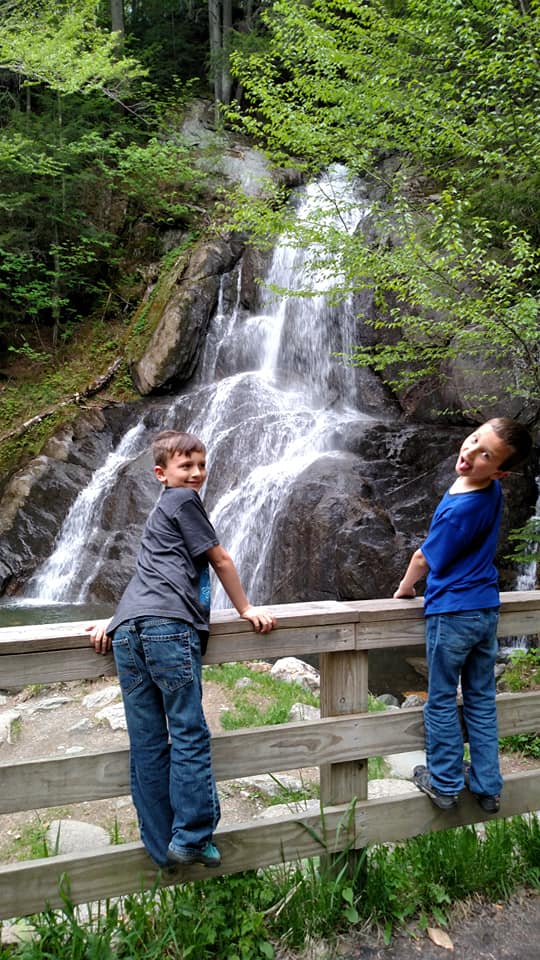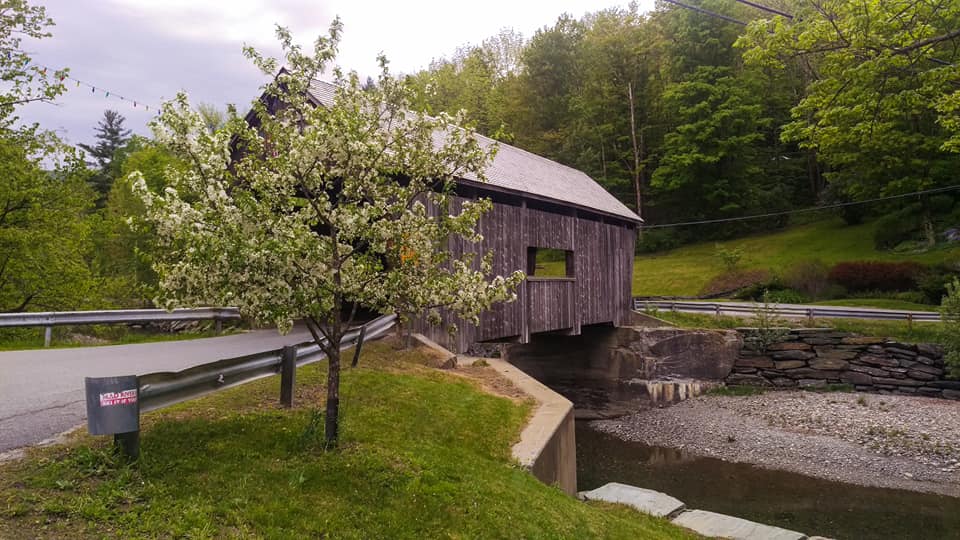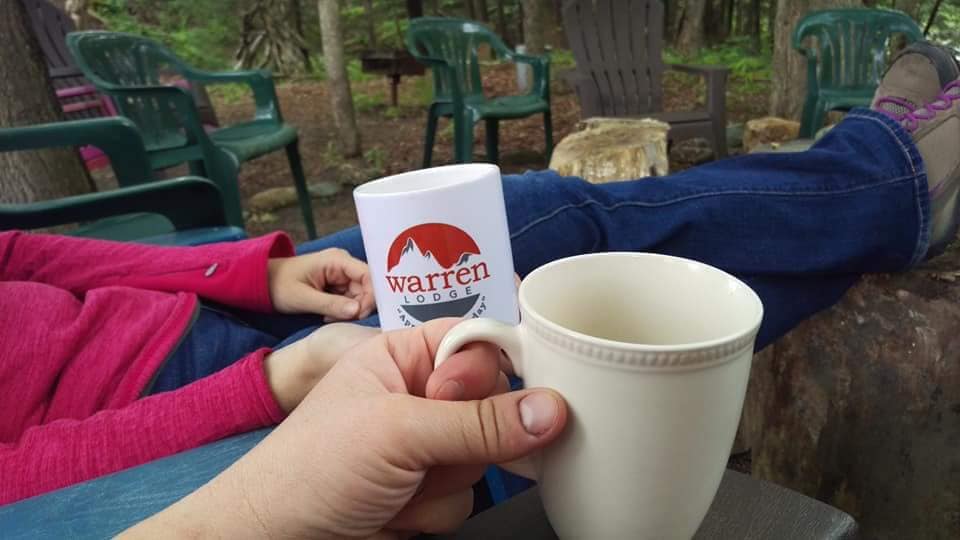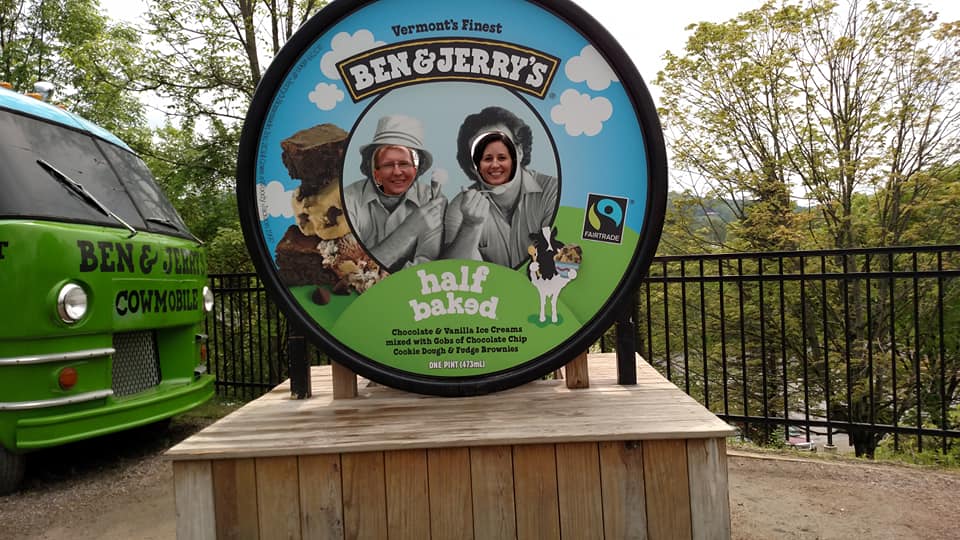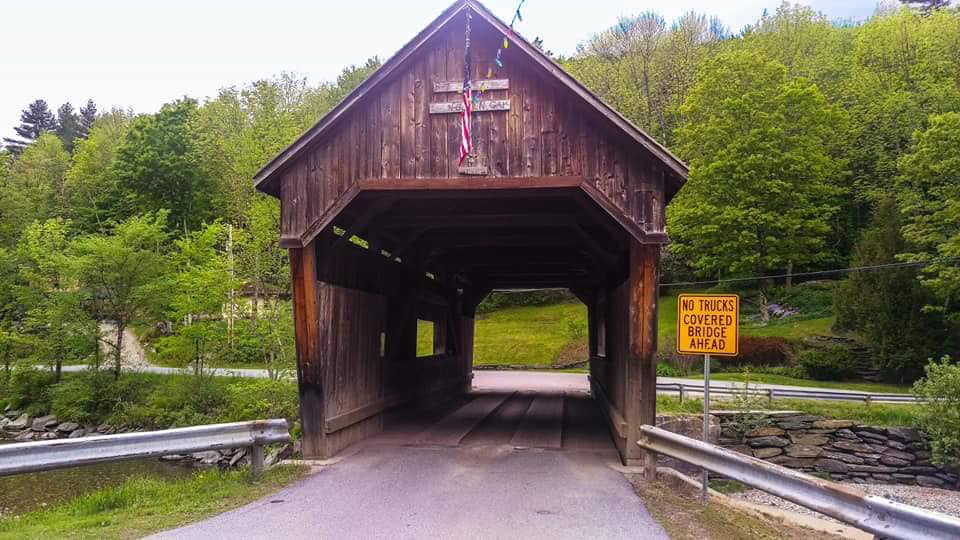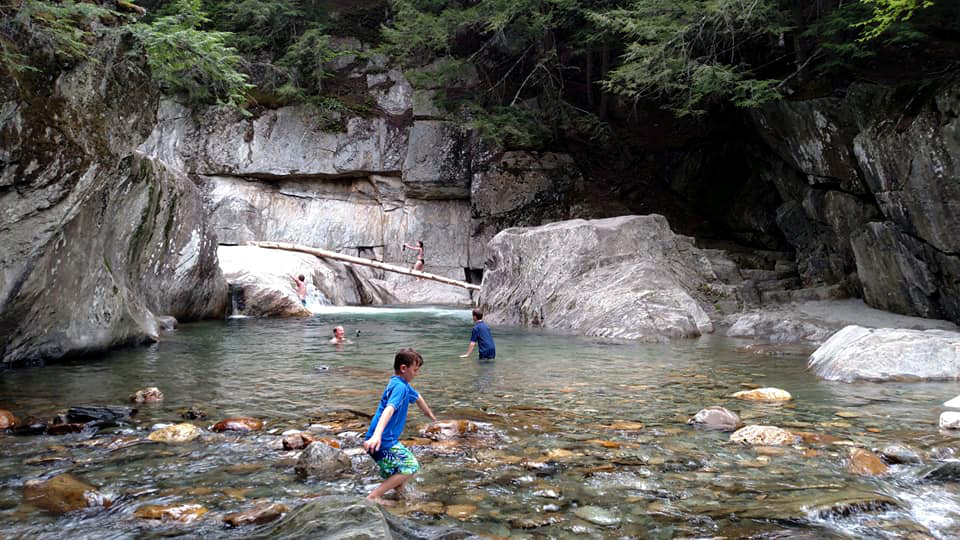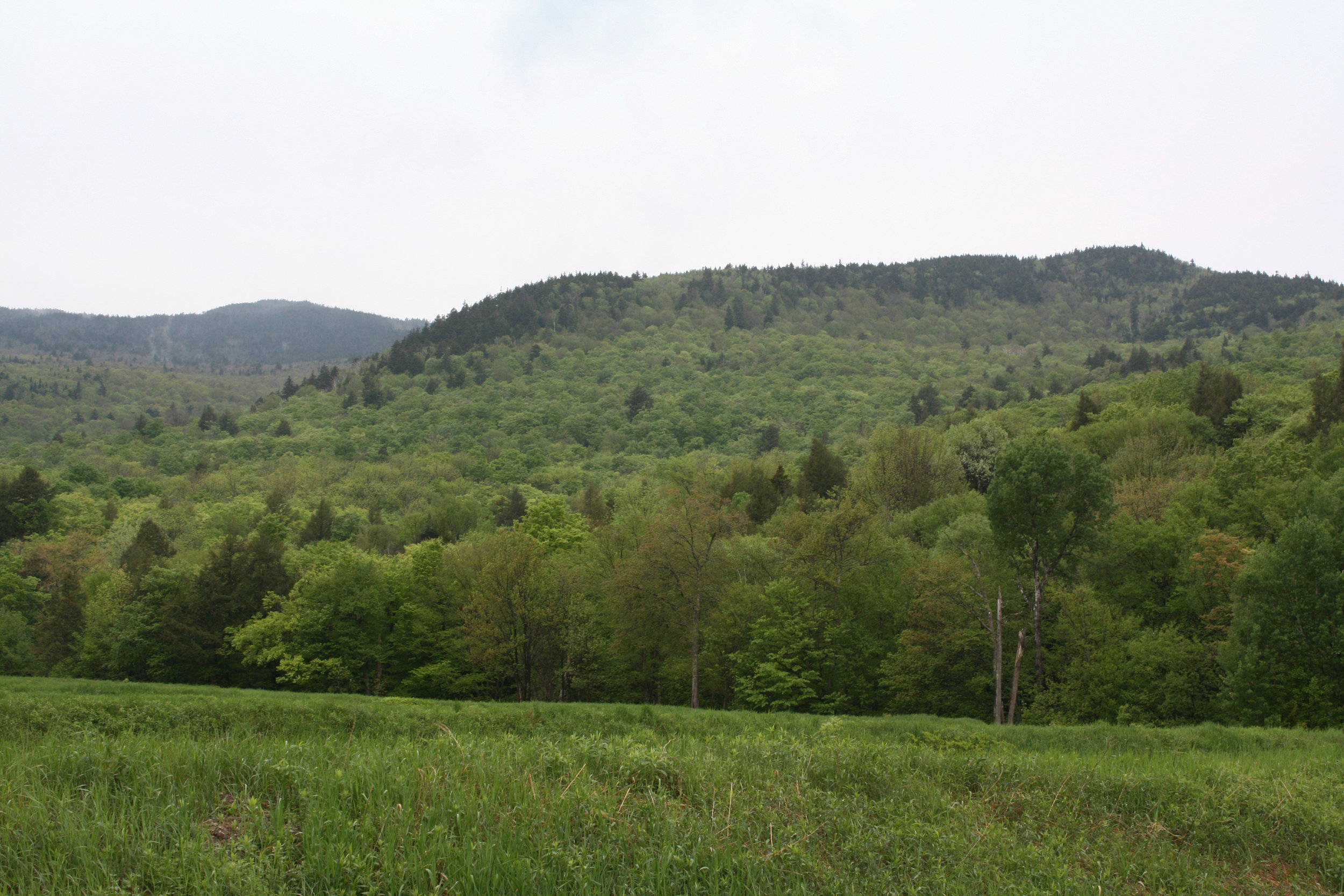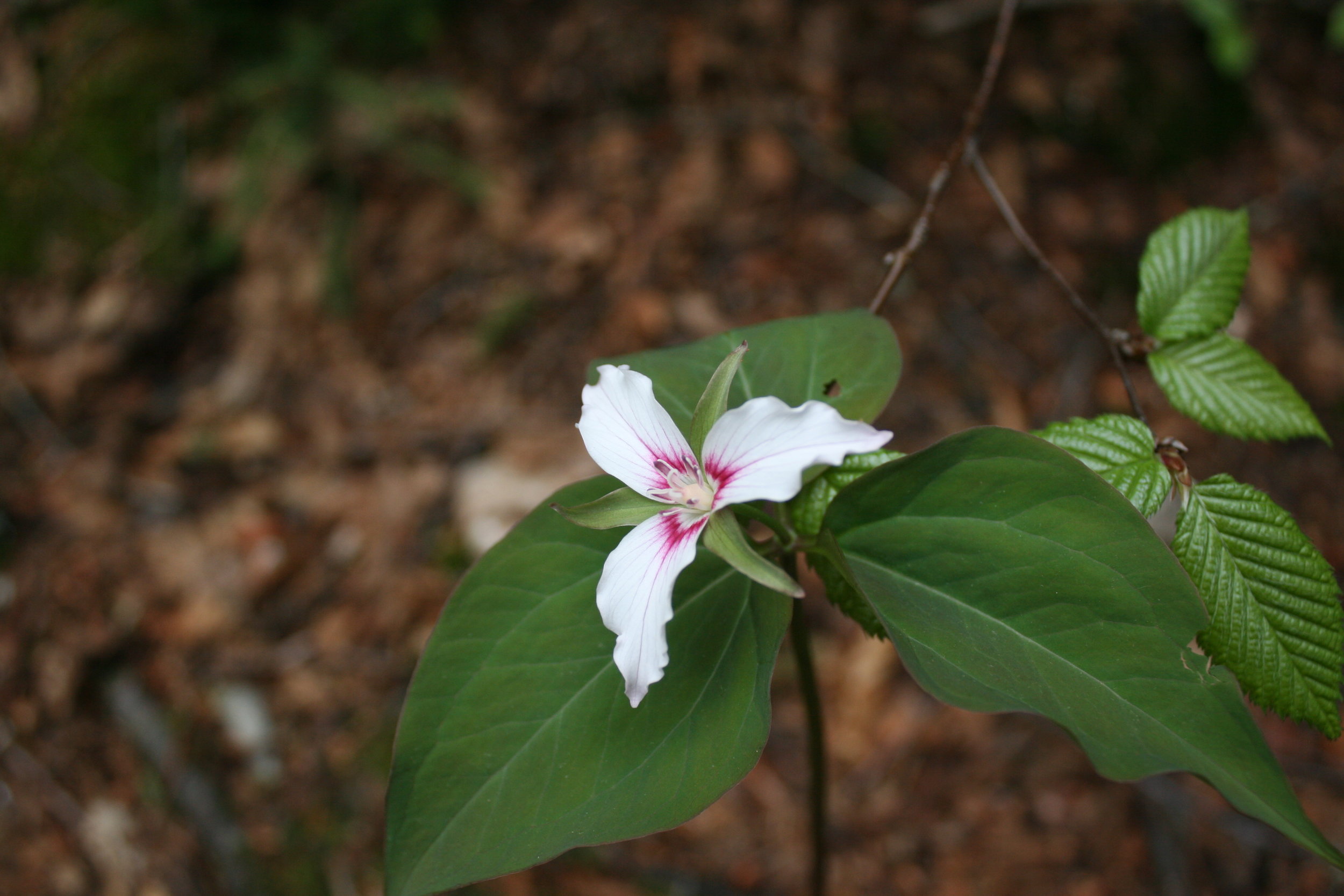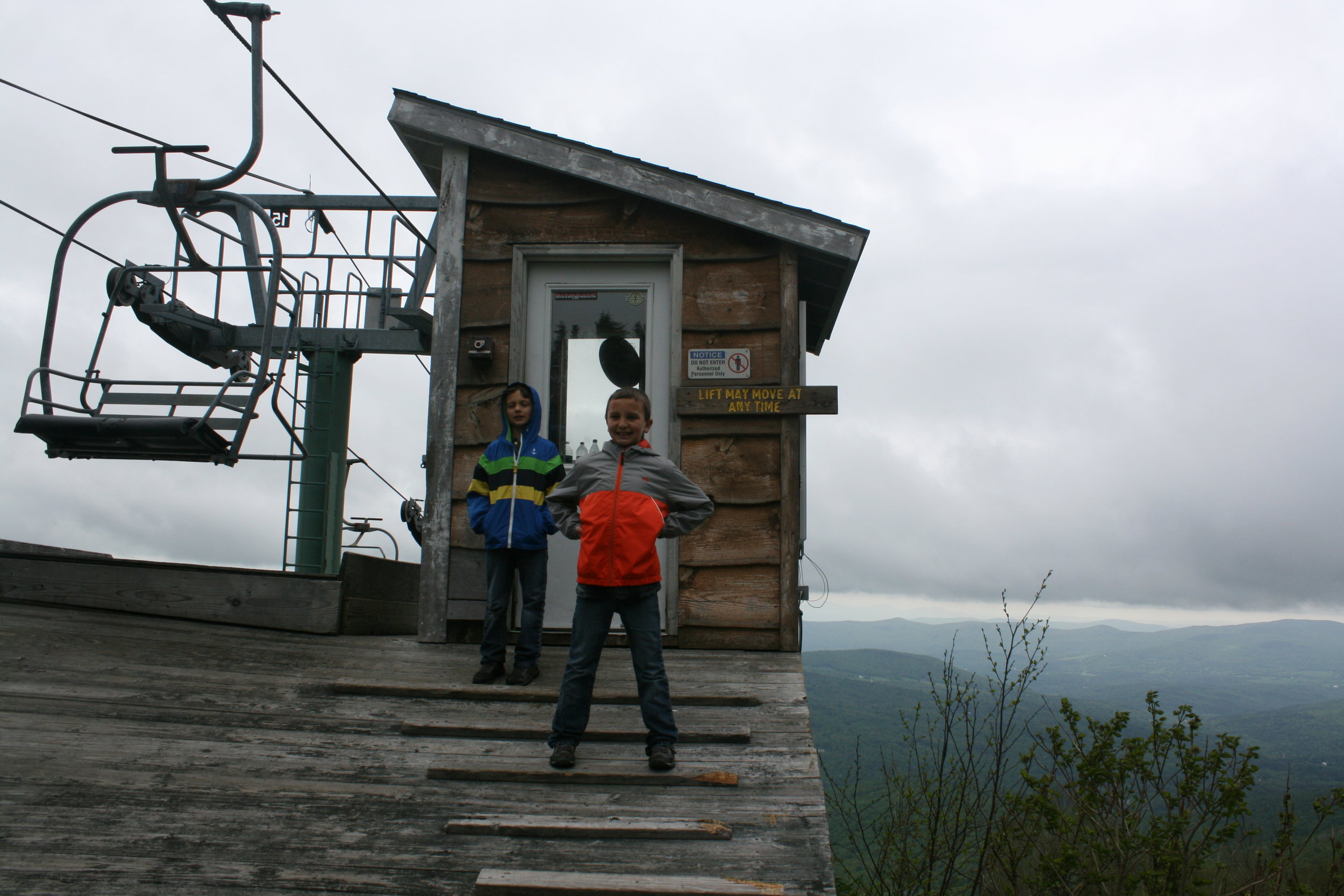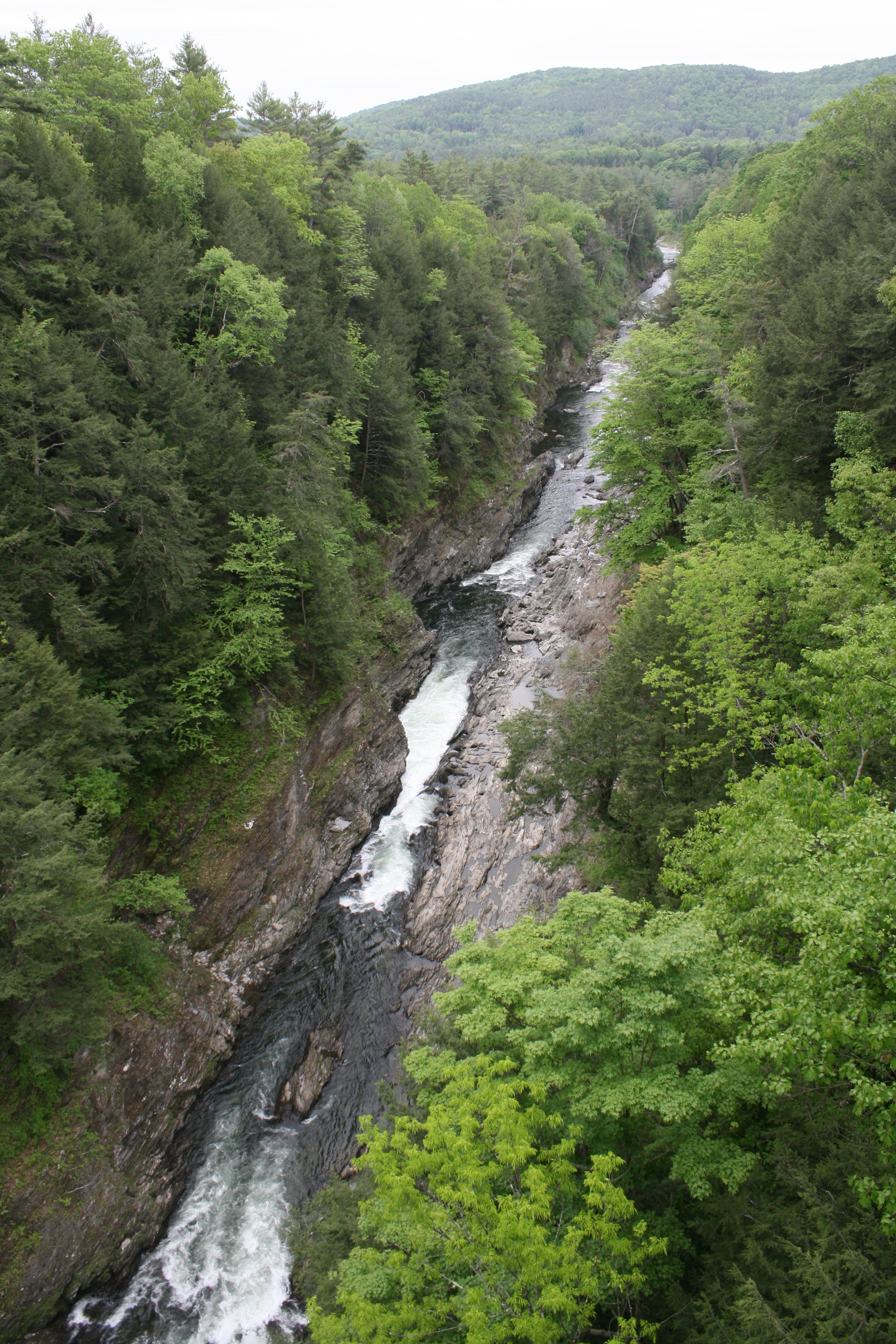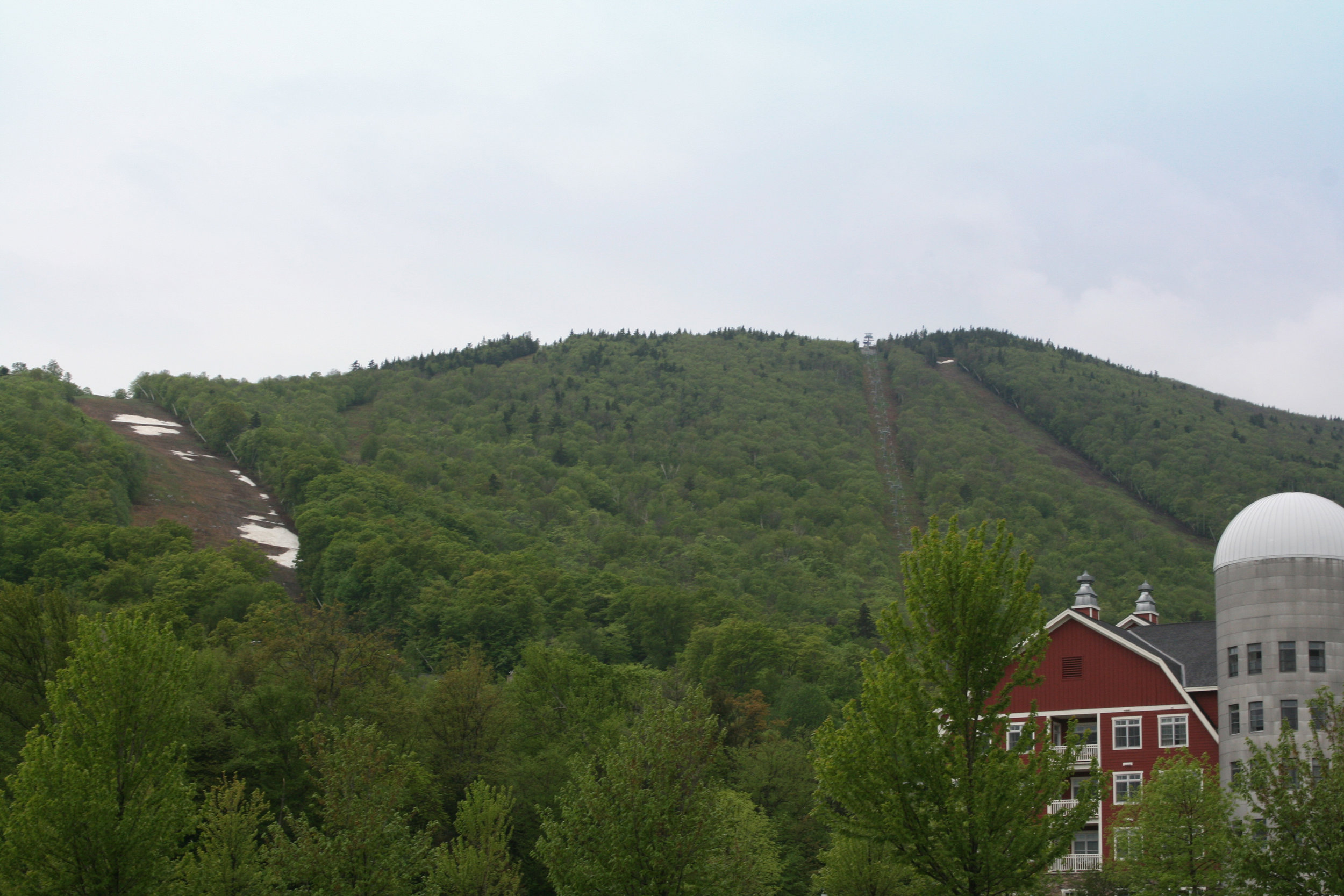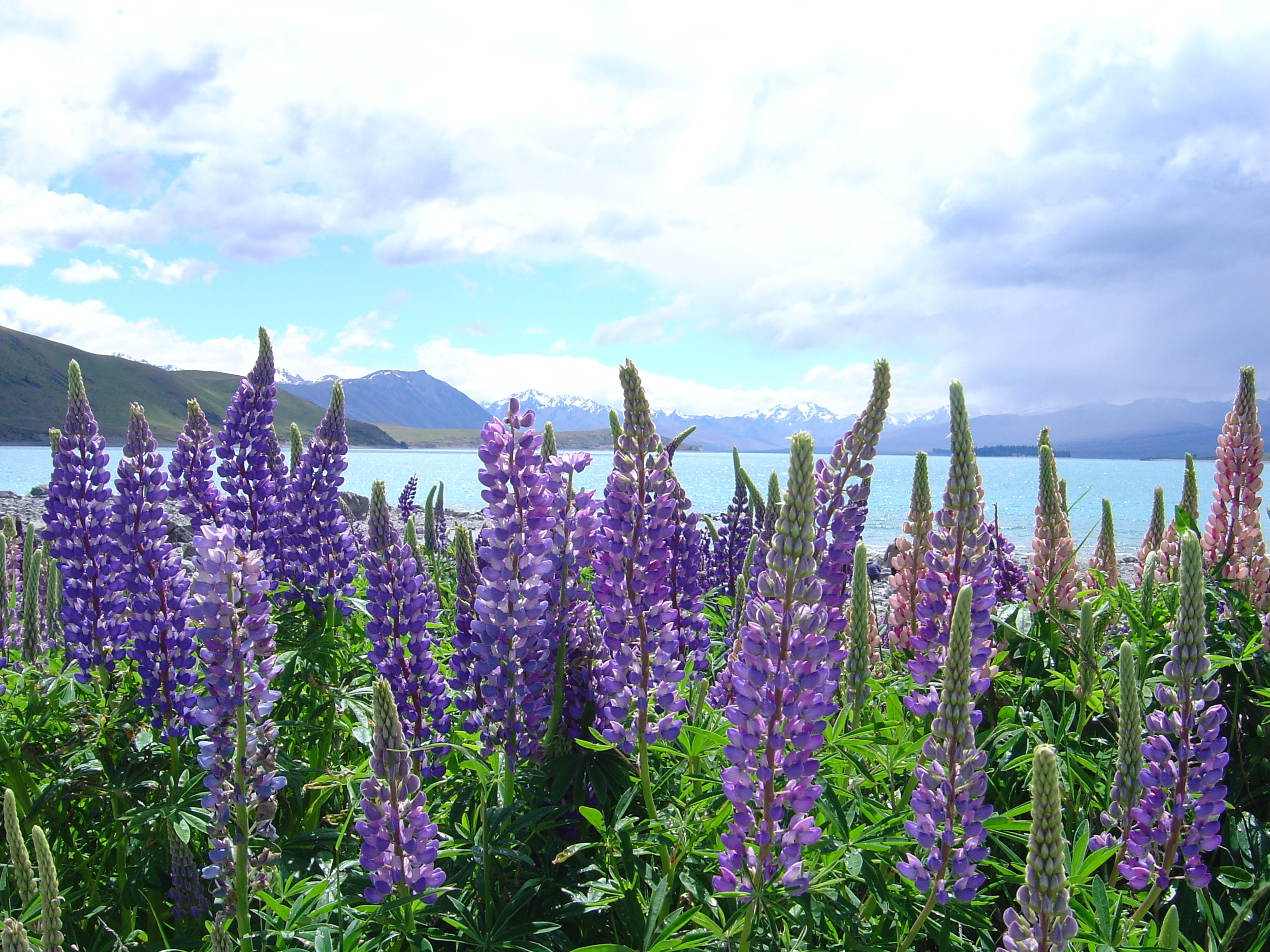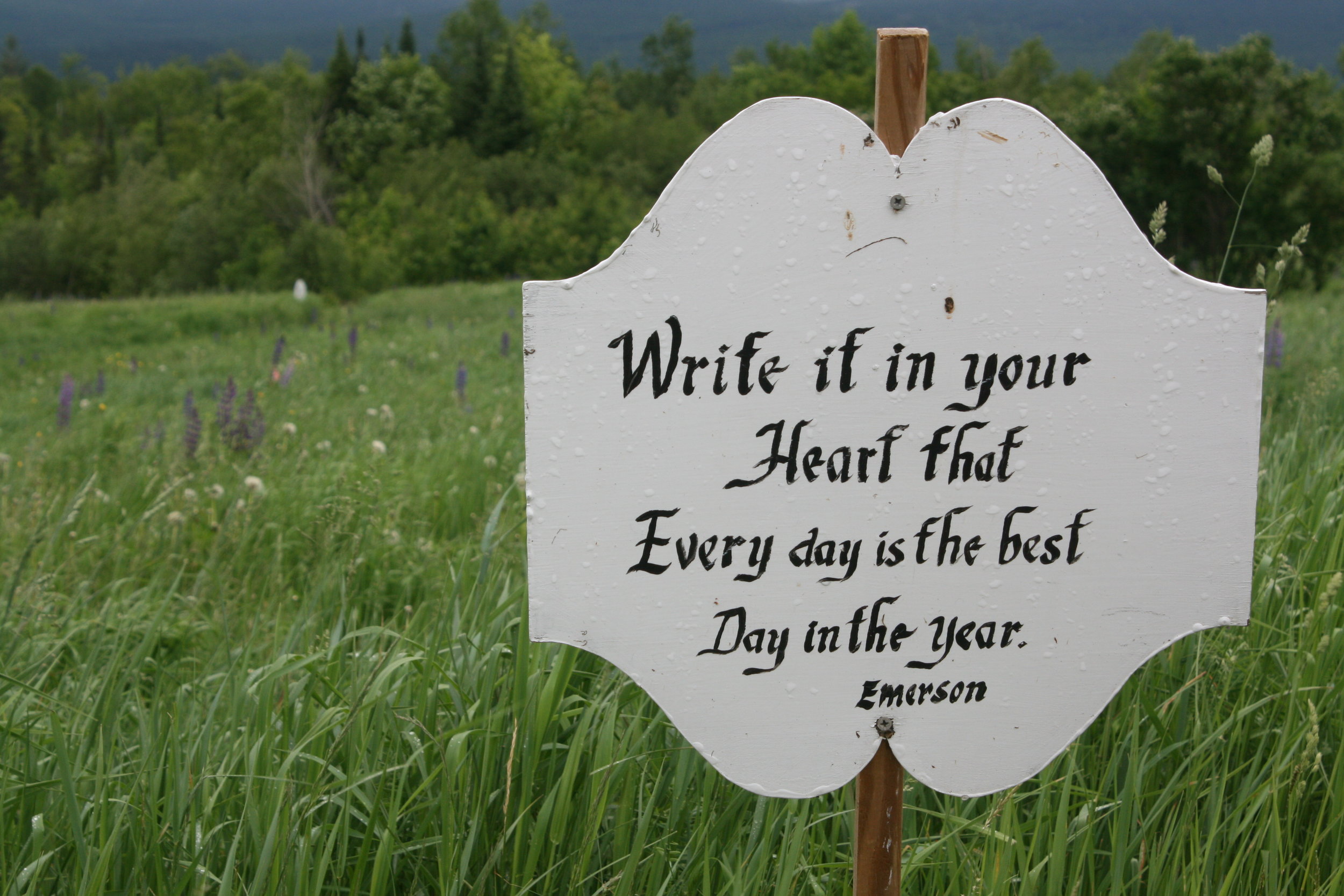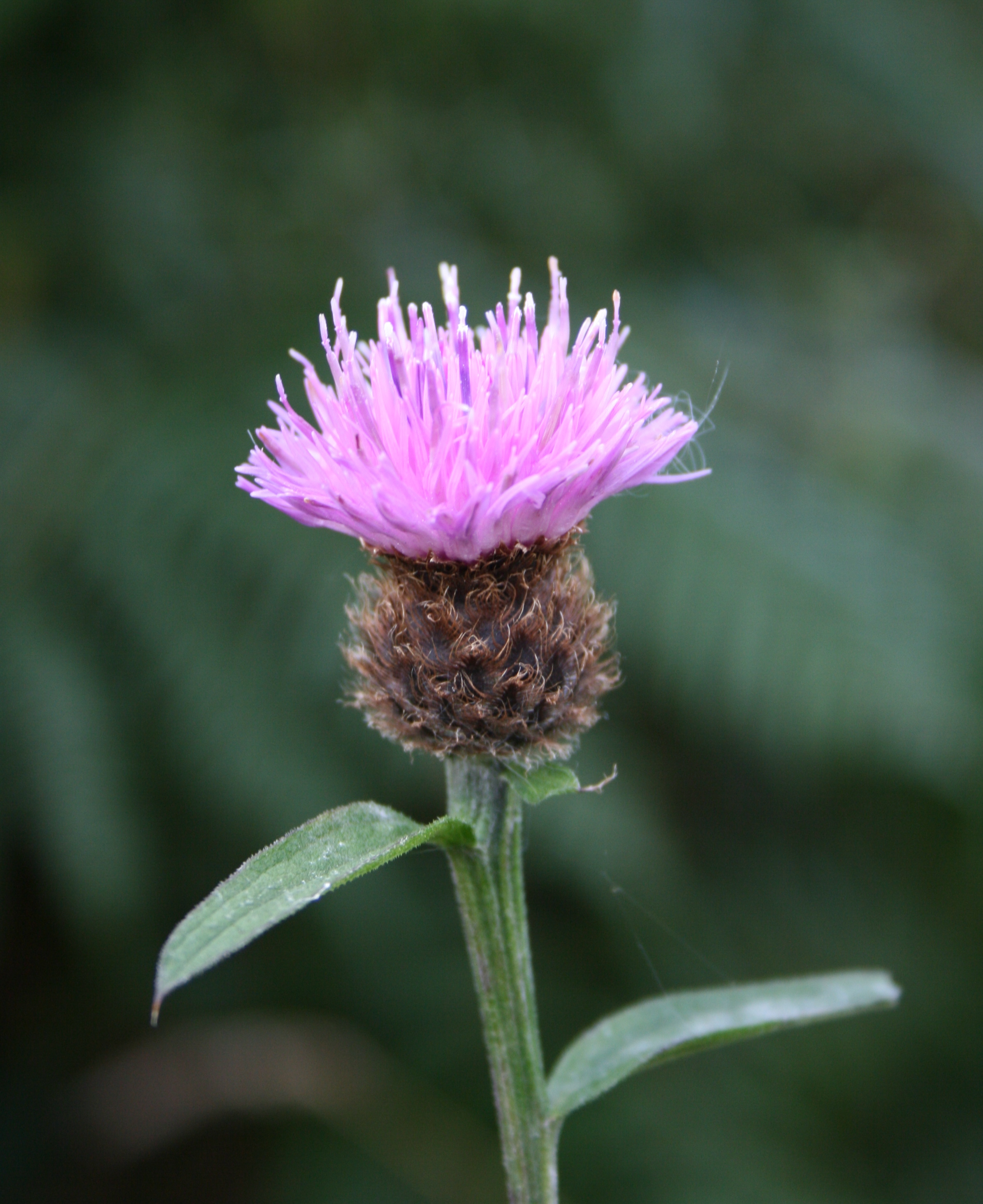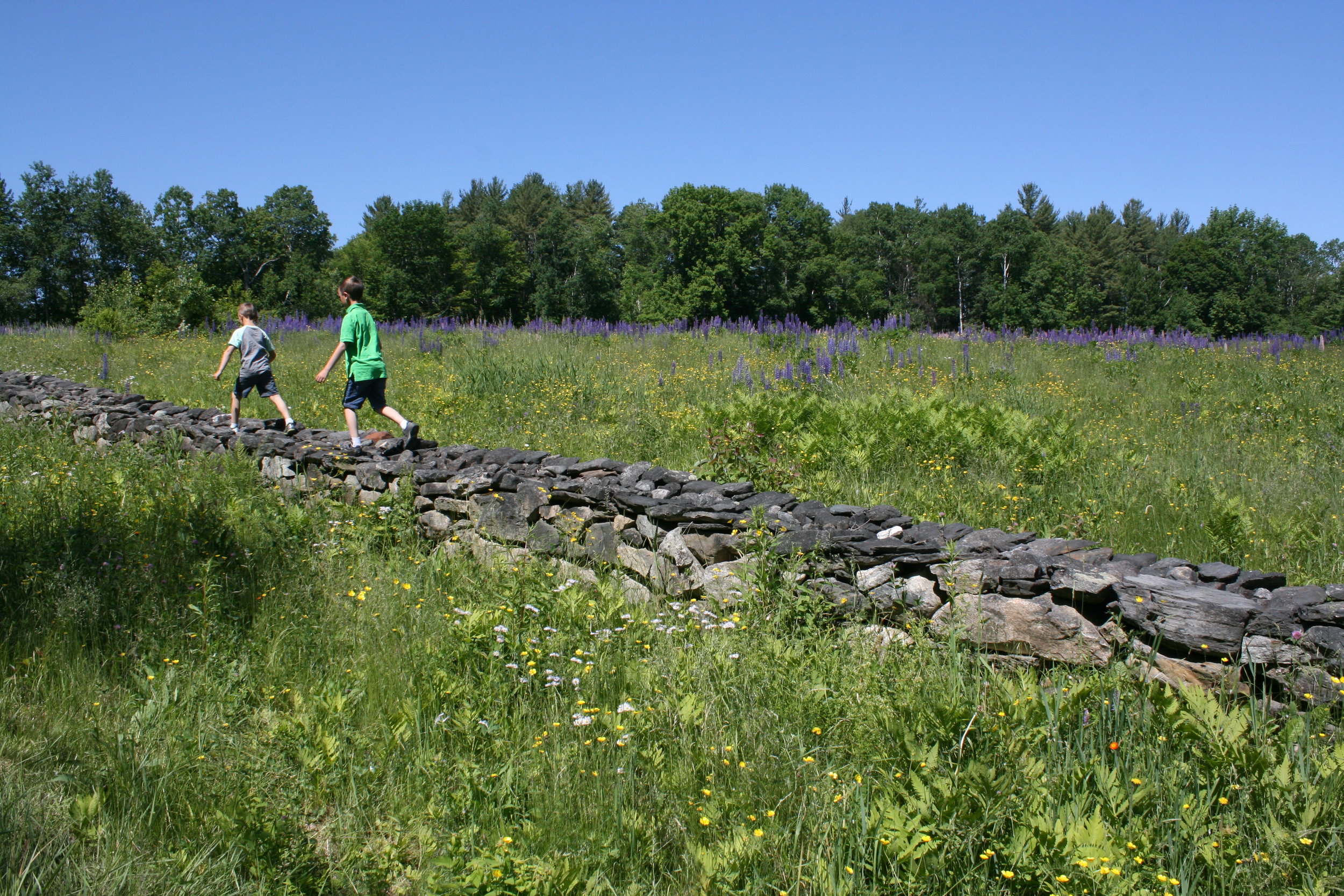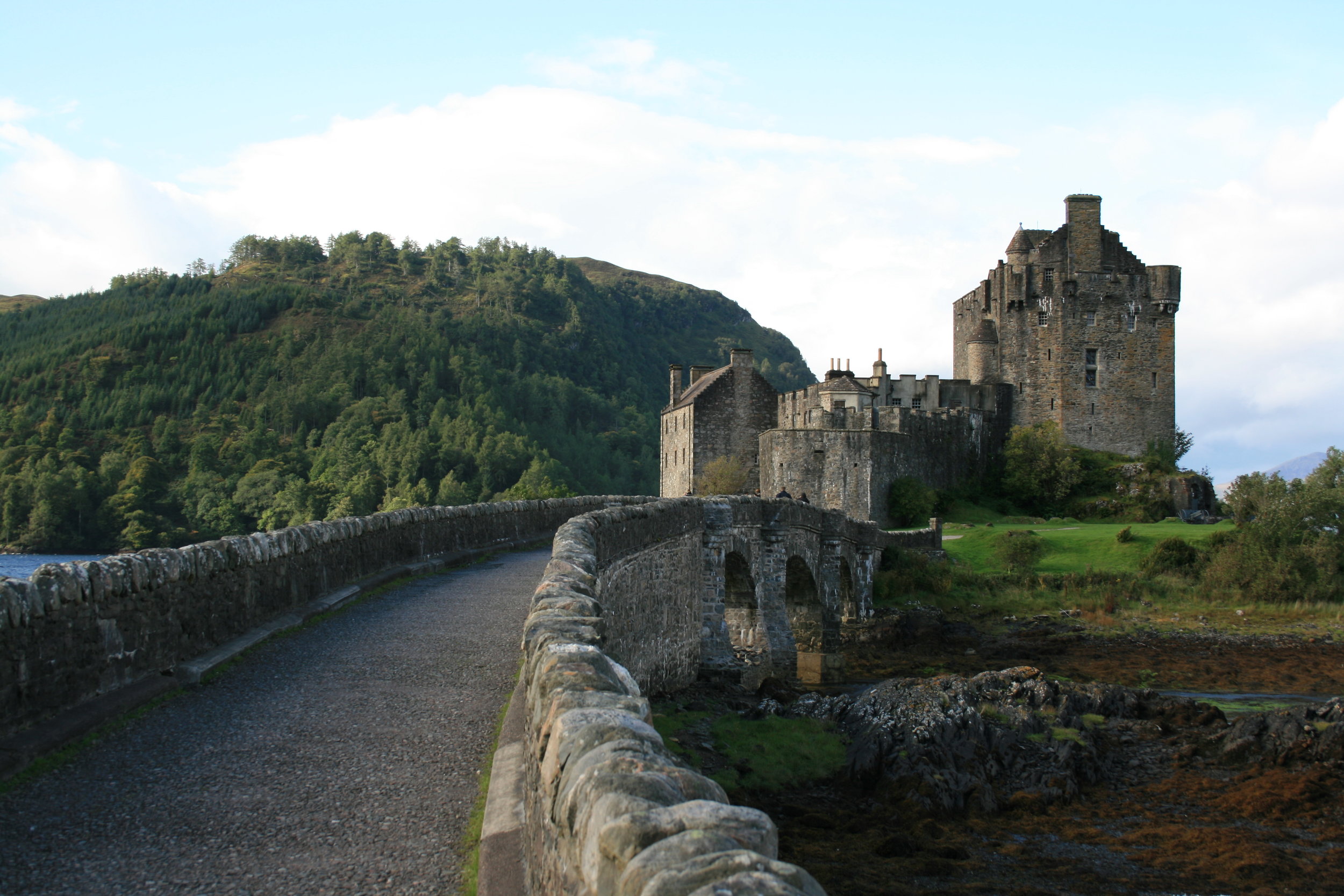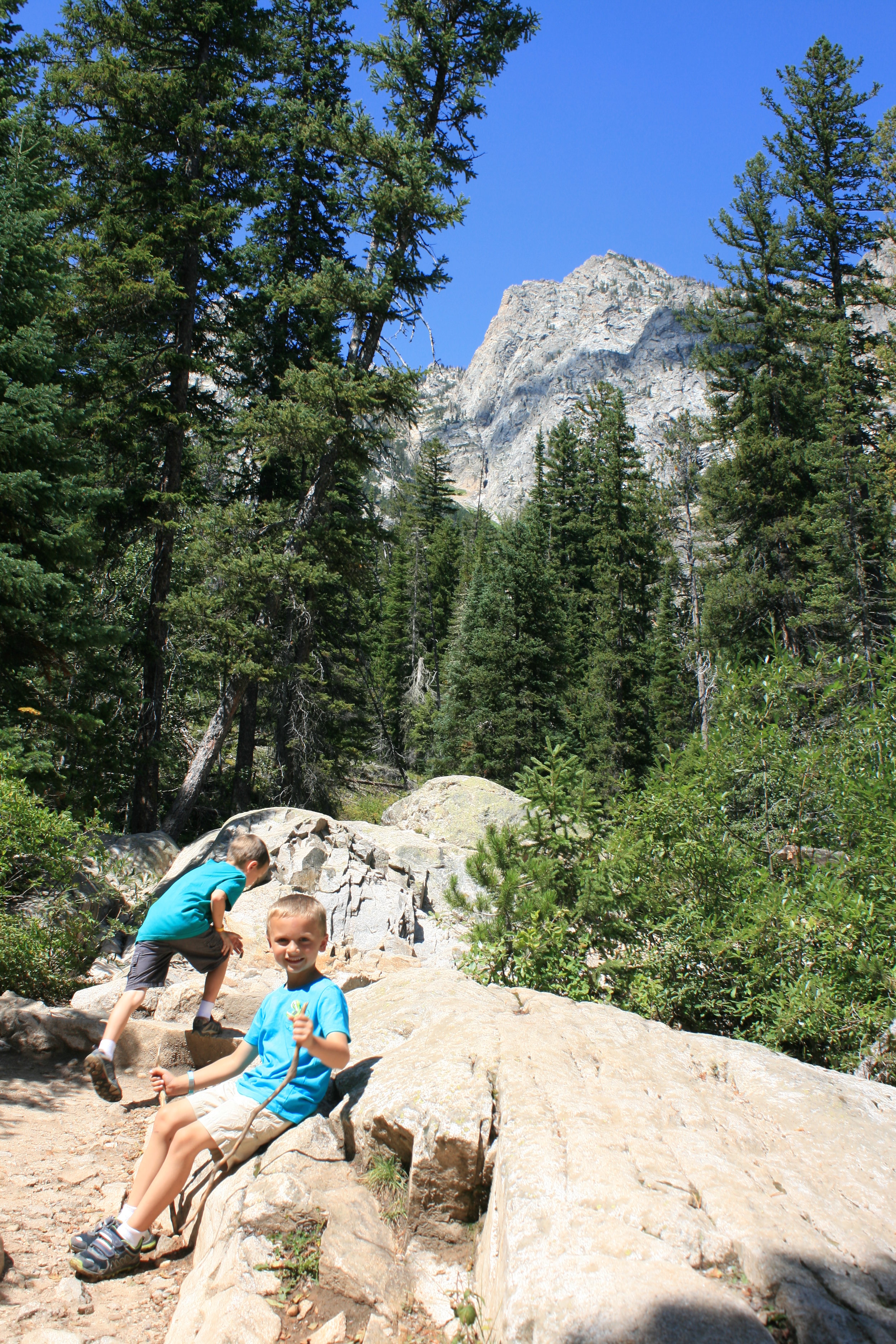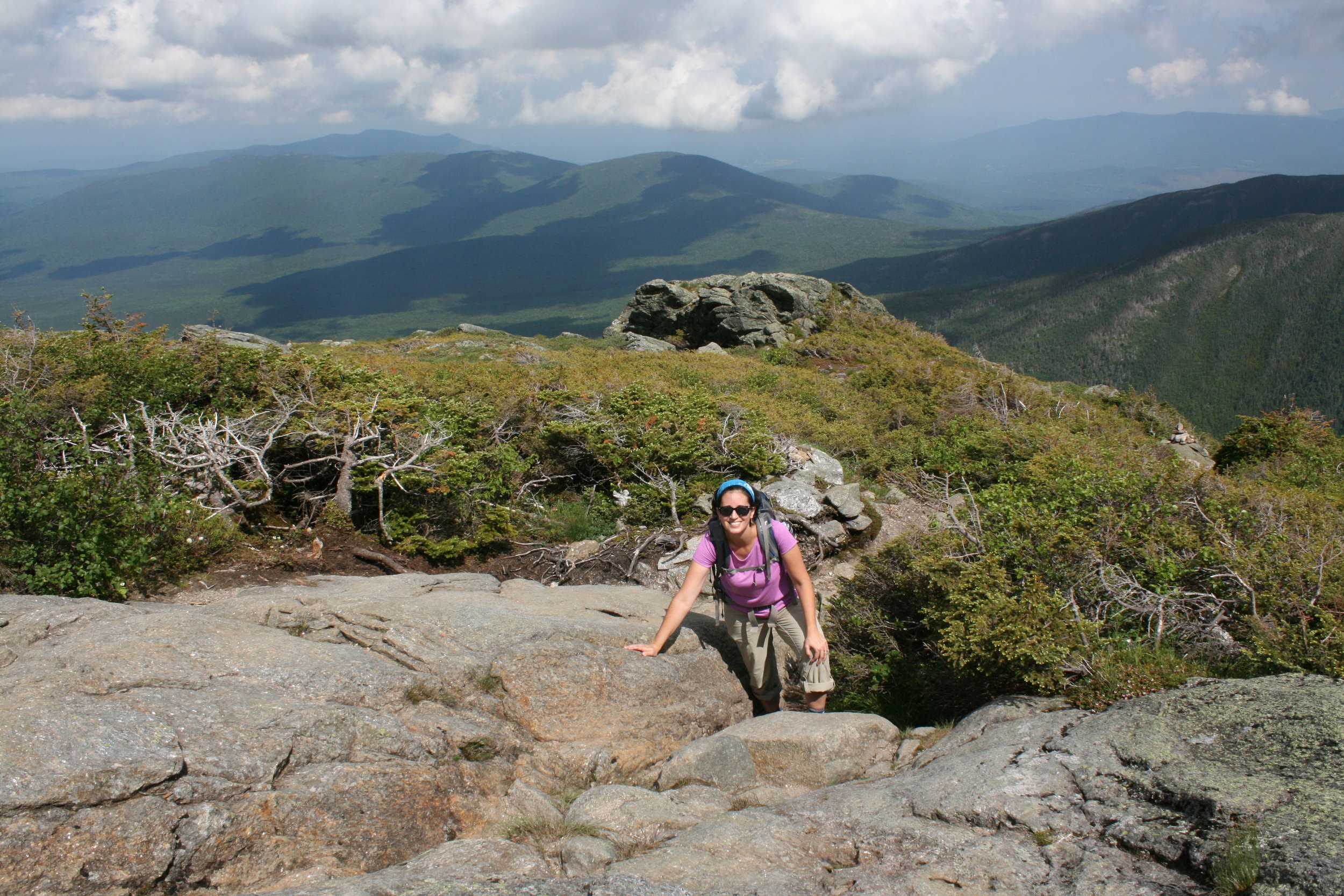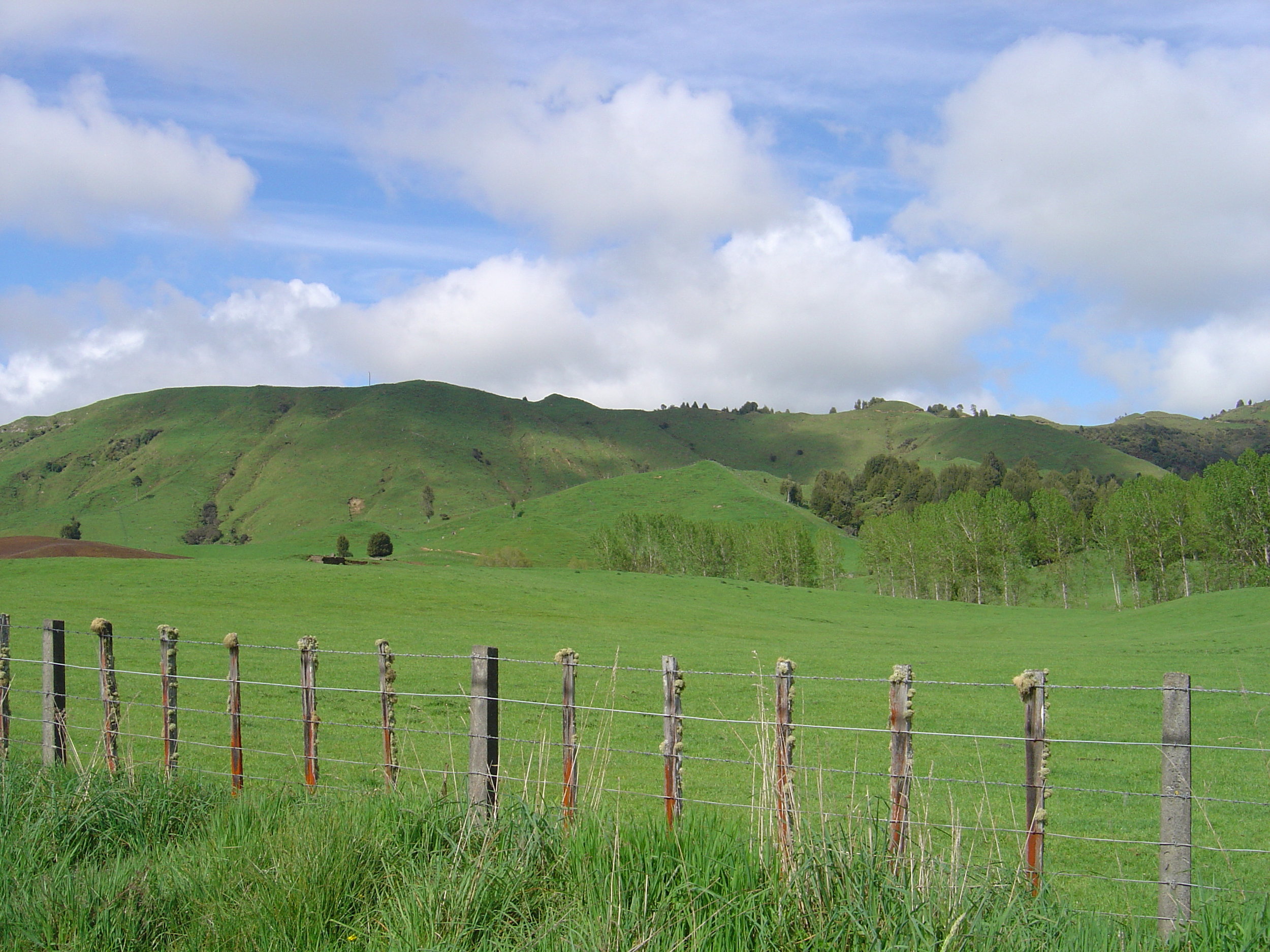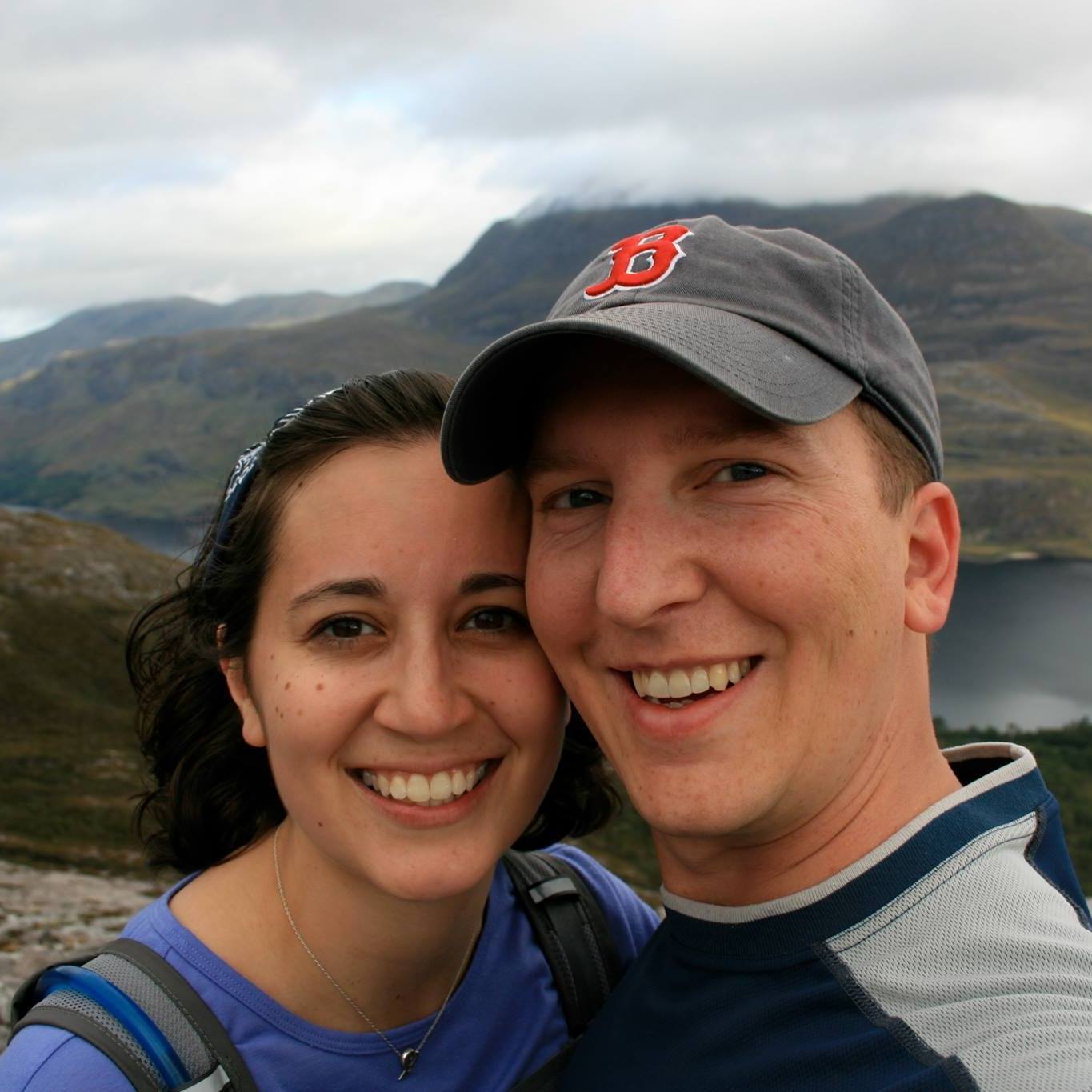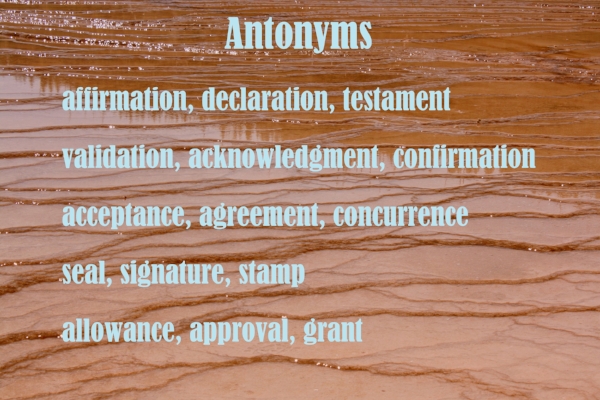When an author says "exciting news" it usually means a great thing...either we've found an agent, landed a publisher, or have signed a new contract. In my case, my fabulous news is that I just signed the contract for my next historical romance with The Wild Rose Press!
This latest novel takes place thirty-years before A Hundred Kisses, in 1263, and serves as a prequel (though each can be stand-alone novels). There will be much more coming from me over the next year...a back cover blurb, cover art (oh, I can't wait!), excerpt, and release date. Plus I'm working on a few more novels...
But for now a few teasers to hold you over.
First hint:
Ahhhh Vikings...and Viking ships! Our trip last spring to see the Draken Harald Harfagre was misty and mystical in Mystic, CT. I asked lots of questions and stared in awe as I was in research mode. The kids got to "steer" at the steer board and we learned a lot about Viking (Norse) ships. The Draken impressed me to no end: 115-feet long, 26-feet wide, and built with 10,000 planks. Oh, and the hull was filled with rocks!
Another hint...
Eilean Donan Castle, Scottish Highlands. This was a beauty to visit! It is the seat of Clan MacKenzie (and Clan MacCoinneach from my novels).
Hmm, here's one more:
Dryburgh Abbey, Scotland, former home to the Premonstratensian order of canons/priests. Though now in ruins, the building and grounds were awe-inspiring and eerie to visit.




